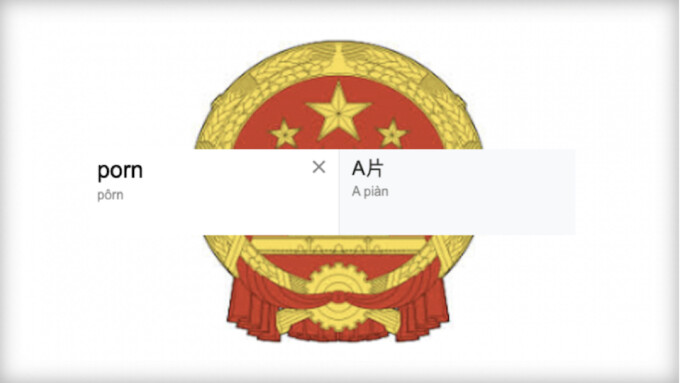BEIJING — Another report from China about their anti-porn investigations of the first half of 2020 claims that their censorship agencies handled over 140,000 reports from members of the public during that period, and that the Chinese government handed out over $147,000 as rewards for snitching on “pornography and other online harms.”
A report issued by state news agency Xinhua today stated that “among the cases, about 128,000 were involved with obscene and pornographic content, with 5,502 tip-offs on illegal publications, 4,819 on copyright infringement, and 1,274 on fake media and fake journalists, according to the National Office Against Pornography and Illegal Publications.”
The new report is one of several that have been trickling out of Beijing’s state censorship apparatus over the last few weeks, boasting of the effectivity of the Chinese government’s legal assault on internet sexual expression.
As XBIZ reported last week, China’s main censorship agency, the National Office Against Pornographic and Illegal Publications, recently announced the removal of over 8 million “pieces of pornographic and other harmful material” during the first half of 2020.
Last month the Cyberspace Administration of China (CAC) announced it had decided to “punish” 10 livestreaming platforms for "chaotic content,” including “pornography,” “revealing clothing on female cam stars” and "vulgar hot dances.”
Prominent Chinese platforms like Bilibili and iXigua (owned by TikTok’s parent company ByteDance) “have been reprimanded and ordered to suspend new user registration and overhaul their feeds,” according to Agence France-Presse’s China bureau.
“The 10 platforms are required to ‘rectify’ their content and add the most egregious live-streaming offenders to a cross-platform blacklist,” AFP reported.
Platforms in the U.S. are currently shielded from similar government-led attacks for third-party content by Section 230 of the Communications Act, though both 2020 presidential candidates have asked for the repeal of the so-called "First Amendment of the internet."






